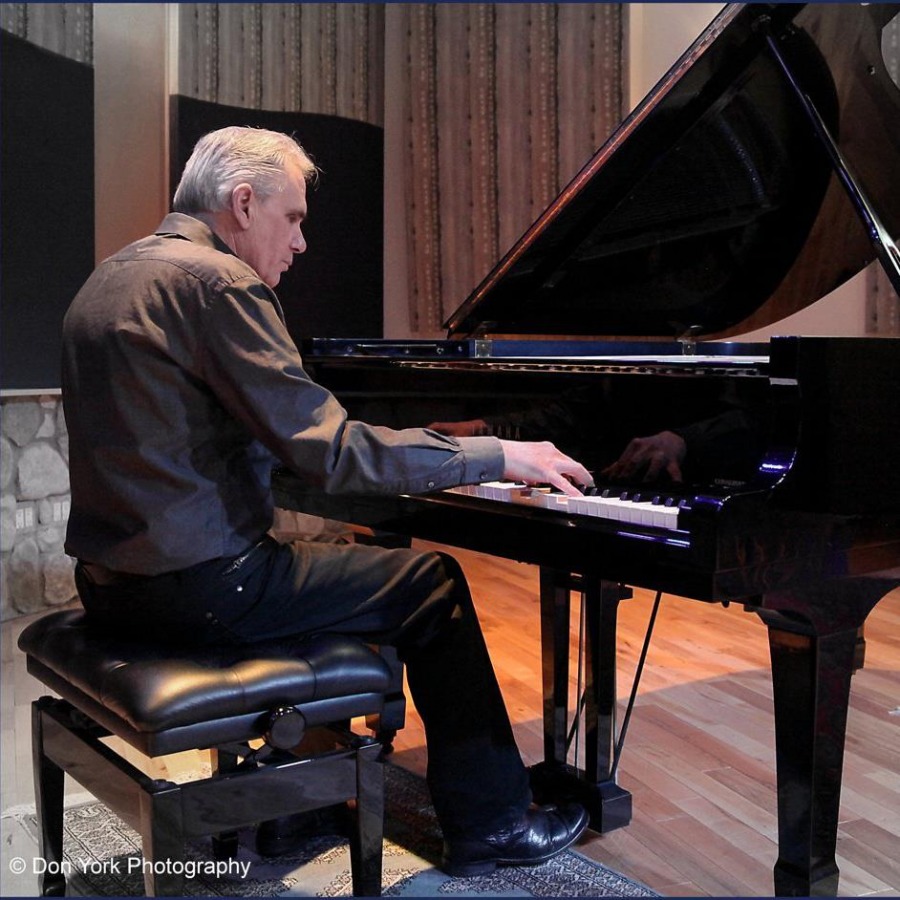
Bryon Tosoff
|
7/2/2009 5:43:01 PM
unfulfilled by the internet
2. The Internet’s unfulfilled promise
"Originally the Internet’s promise was that it would connect us all, bringing people together in a whole new way, bypassing the constraints of geography. The Web meant that we could all be part of a larger human network. How we actually interact with each other online, however, has been shaped by particular techno-social circumstances. Because of those circumstances, our online interactions have been constrained and are far from perfect.
Undoubtedly, the ability to participate online has increased, especially for people in developed countries. Self-publishing, self-expression, and social networking retain their status as the cornerstone of online activity for millions of people around the world. That said, people who create and share content will never approach true empowerment online until the computers they use are actually part of the Internet. Currently, most of us contribute content to the Web (for example by putting our personal information on social networking sites, uploading photos to Flickr, or maybe publishing blog posts), but we don’t contribute to its fabric — the underlying infrastructure that defines the online landscape that we inhabit.
Our computers are only dumb terminals connected to other computers (meaning servers) owned by other people — such as large corporations — who we depend upon to host our words, thoughts, and images. We depend on them to do it well and with our best interests at heart. We place our trust in these third parties, and we hope for the best, but as long as our own computers are not first class citizens on the Web, we are merely tenants, and hosting companies are the landlords of the Internet.
Social networking is important, but who owns it — the online real estate and all the content we share on it? How much control over our words, photos, and identities are we giving up by using someone else’s site for our personal information? How dependent have we become? I imagine that many of us would lose most of our personal contacts if our favorite Web mail services shut down without warning. Also, many of us maintain extensive friend networks on sites like MySpace and Facebook, and are, therefore, subject to their corporate decisions via “Terms of Service” and click-through agreements. Furthermore, what does it mean anyway to be connected to hundreds of our “closest” friends? What about our real social networks, the people we want to interact with on a regular basis (like once a week, or even every day)? Why are online solutions to help us with our real-world social needs so few and far between?
We are connected to a Web that has democratized much and is an amazing source of information. However, “the wisdom of the crowd,” along with the notion that our data ought to live on other people’s computers that we don’t control, has contributed to making the Internet more impersonal, anonymous, fragmented, and more about “the aggregate” than the individual. In fact, quite the opposite of the original promise. For too long, we’ve been going online to connect to each other, but sacrificing intimacy as a result.
With Opera Unite, I think we can start moving in a different direction. I hope you’ll join me in imagining a more personal and social computing experience that actually begins to deliver on the old (but not forgotten) promise of the Internet bringing people together in meaningful ways."
|

|